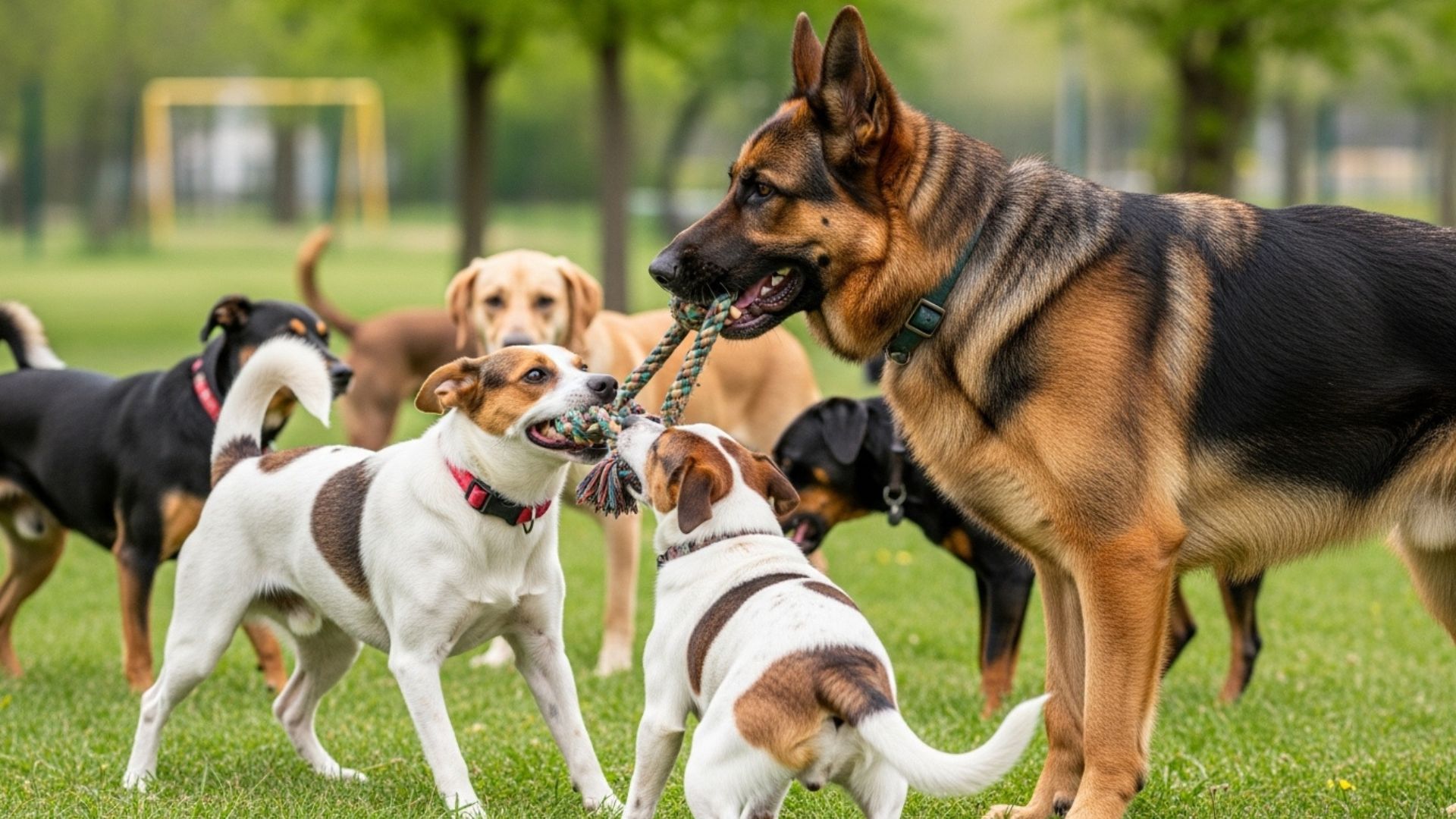Having multiple dogs at home can be a joyful experience, but it also comes with its own set of challenges. Not all breeds adapt well to a multi-dog environment, and choosing the wrong one can lead to stress for both pets and owners.
Some dog breeds have strong personalities, high energy levels, or natural dominance traits. These characteristics can make it difficult for them to get along with other dogs in the household. Understanding these traits beforehand is crucial for a harmonious home.
For owners who already have one or more dogs, introducing a new pet requires careful planning. Breeds that are less social or more territorial may trigger conflicts, which could escalate into aggressive behavior.
This article will explore seven dog breeds that are often considered challenging in multi-dog homes. By knowing which breeds to avoid, you can ensure peace, safety, and happiness for all your furry family members.
Dog Breeds to Avoid After Having Multiple Dogs
1. Afghan Hound
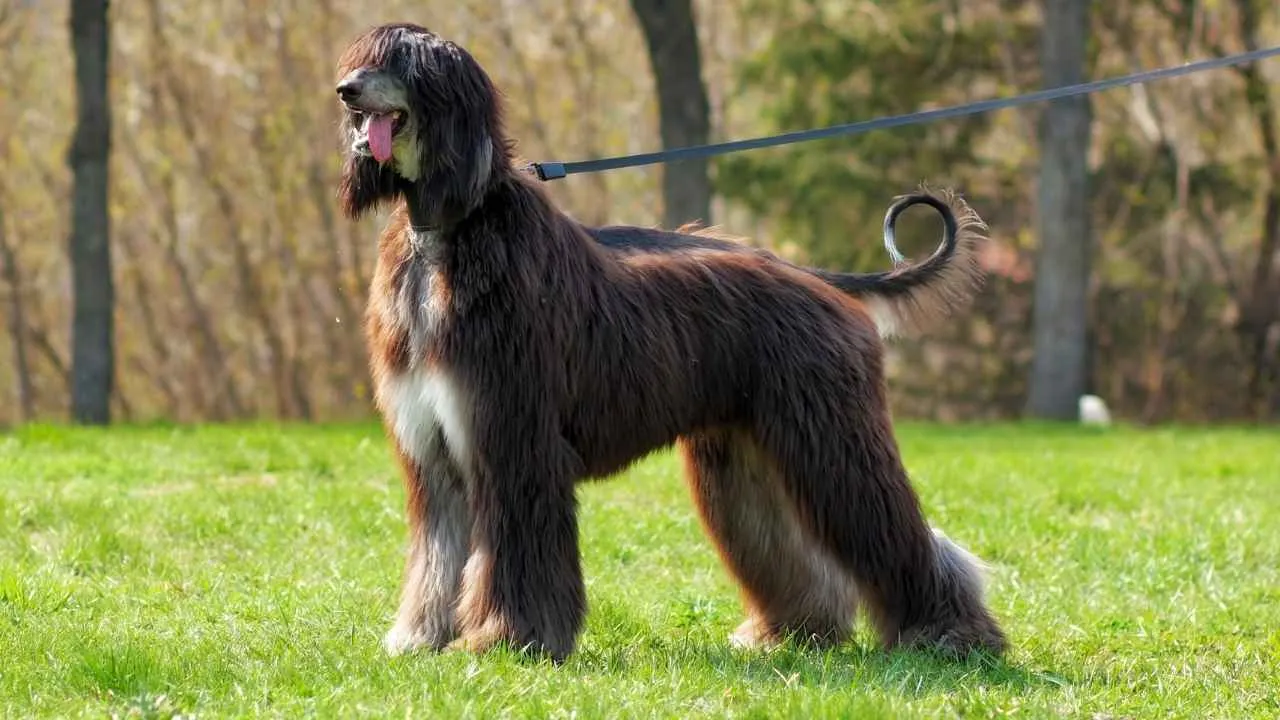
The Afghan Hound is admired for its long, flowing coat and graceful stance, but this beauty comes with a personality that isn’t always suited for multi-dog households.
Independent, dignified, and aloof, Afghans often prefer their own company and reserve their affection for the humans they deeply bond with. While this loyalty makes them loving family companions, it also limits their willingness to connect with other dogs.
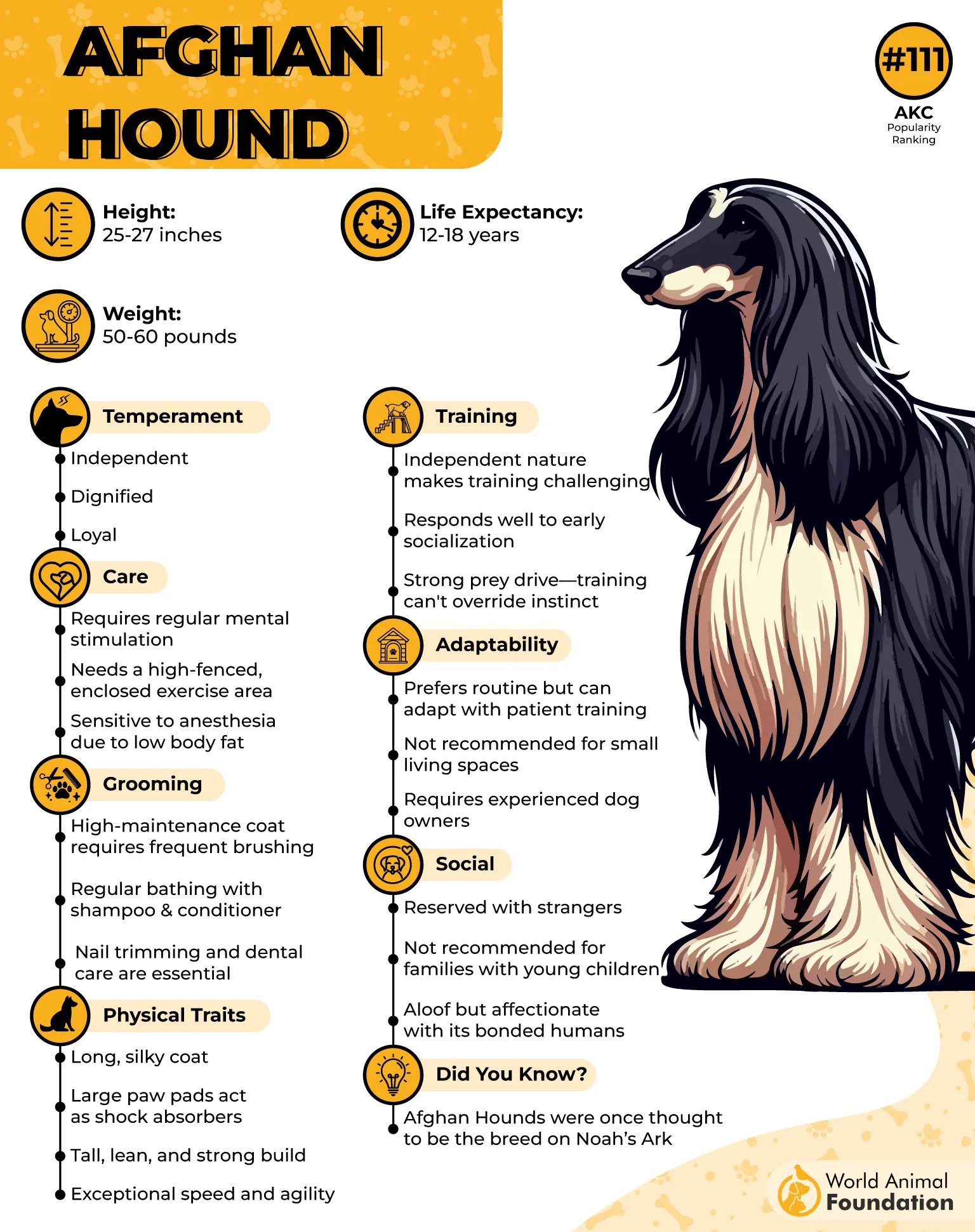
Independent Nature in Multi-Dog Homes
As per AKC, in multi-dog settings, their preference for human companionship over canine interaction can create imbalance and tension. Their loyalty also makes it harder for adult Afghan Hounds to adjust to a new environment, especially when other pets are already established.
Though they can be housetrained fairly easily because they want to please their owner, they rarely thrive in group dynamics.
Training and Socialization Challenges
Most importantly, no amount of training can eliminate their strong prey drive. Afghan Hounds are natural hunters and may break into high-speed chases, which can cause chaos in a home with multiple pets.
This instinctive behavior makes them a challenging addition to multi-dog households.
2. Akita
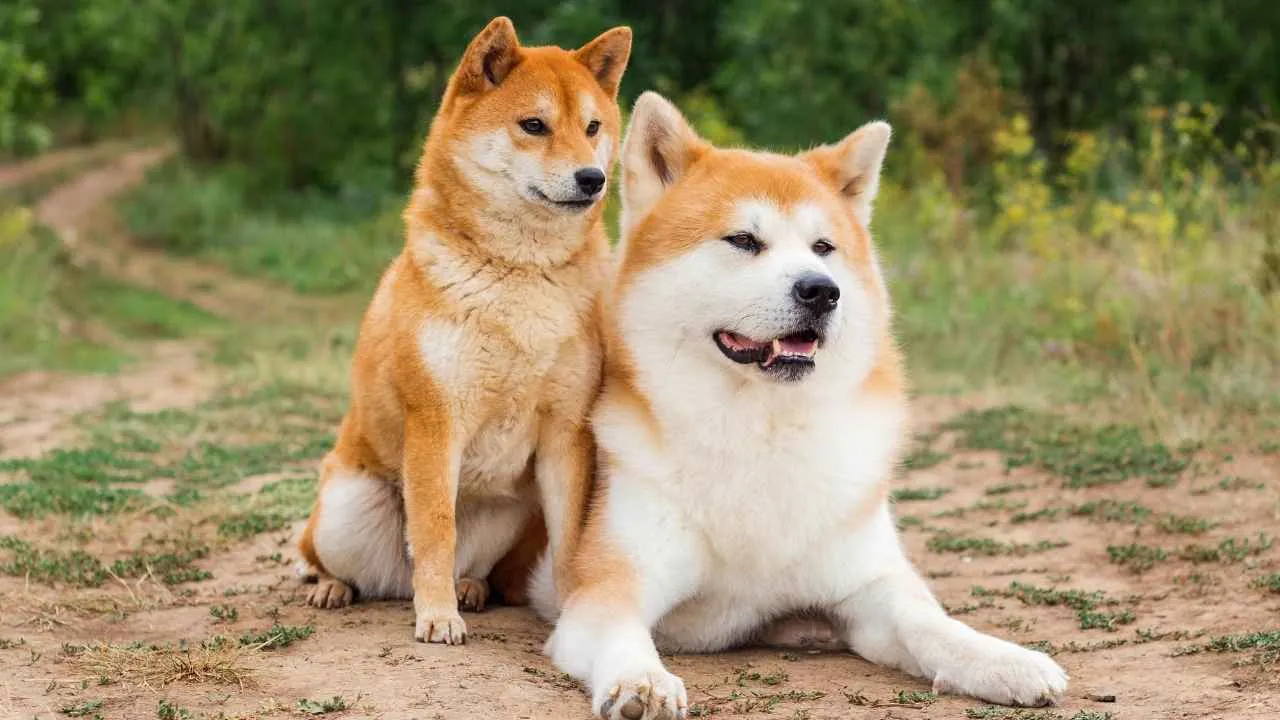
The Akita is a large, powerful breed admired for its loyalty and quiet dignity. While they thrive on human companionship and show a silly, affectionate side to family members, they are naturally wary of strangers and often intolerant of other animals.
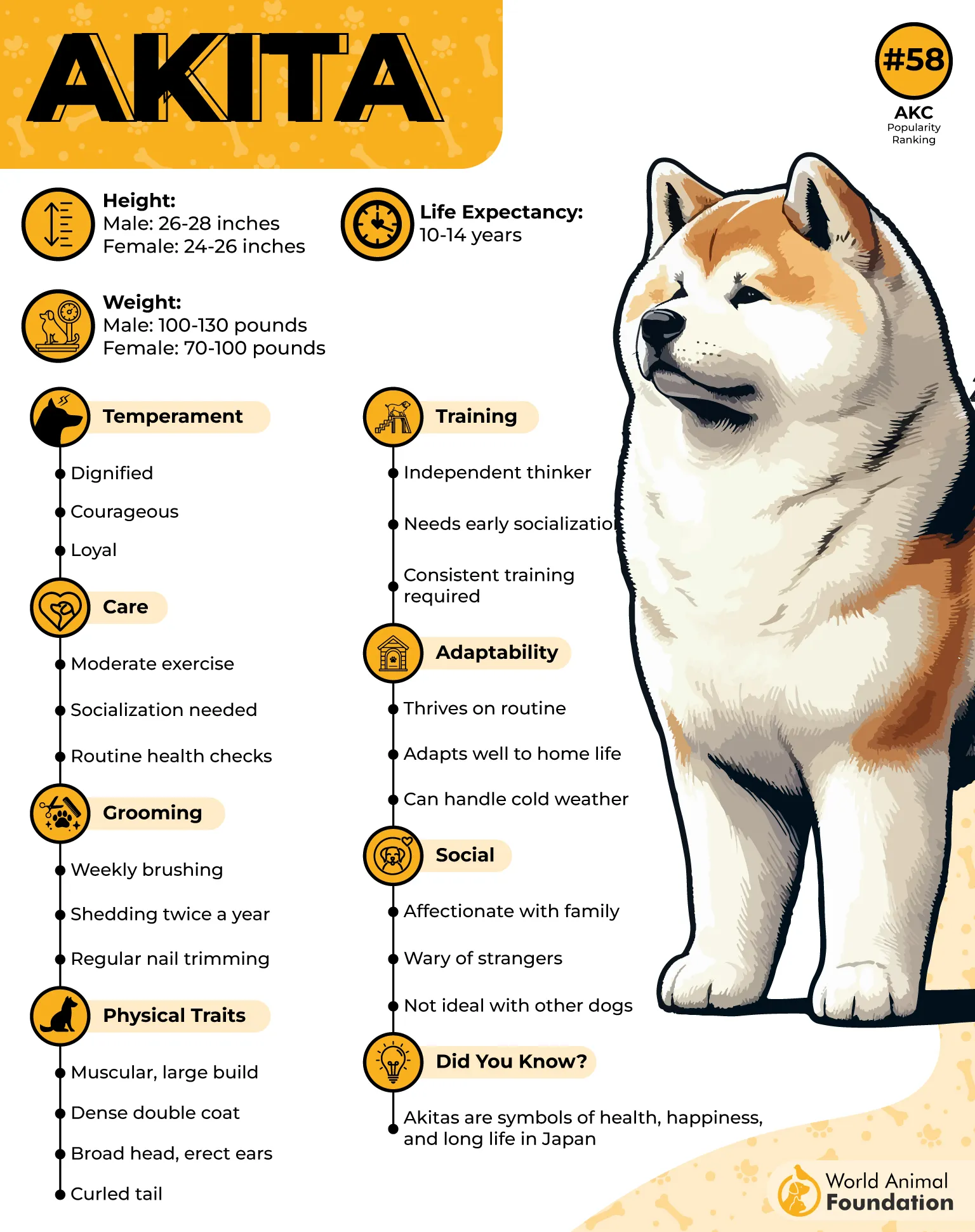
Their protective instincts and independent nature make them difficult to integrate into multi-dog homes.
Territorial and Protective Instincts
Akitas are instinctive guardians, hardwired to protect those they love. This strong drive, combined with their size and strength, can lead to dominance issues when other dogs are present.
They are especially prone to aggression toward dogs of the same sex, which creates ongoing tension in households with multiple pets.
Training and Socialization Challenges
Although intelligent and loyal, Akitas are headstrong and require firm, consistent training from puppyhood. Without early and extensive socialization, they may perceive other dogs as threats.
Their independence and prey drive also mean they should never be off-leash in unsecured areas, as this can trigger aggression or chasing.
For multi-dog families, managing an Akita’s temperament often proves too demanding.
3. Dogo Argentino
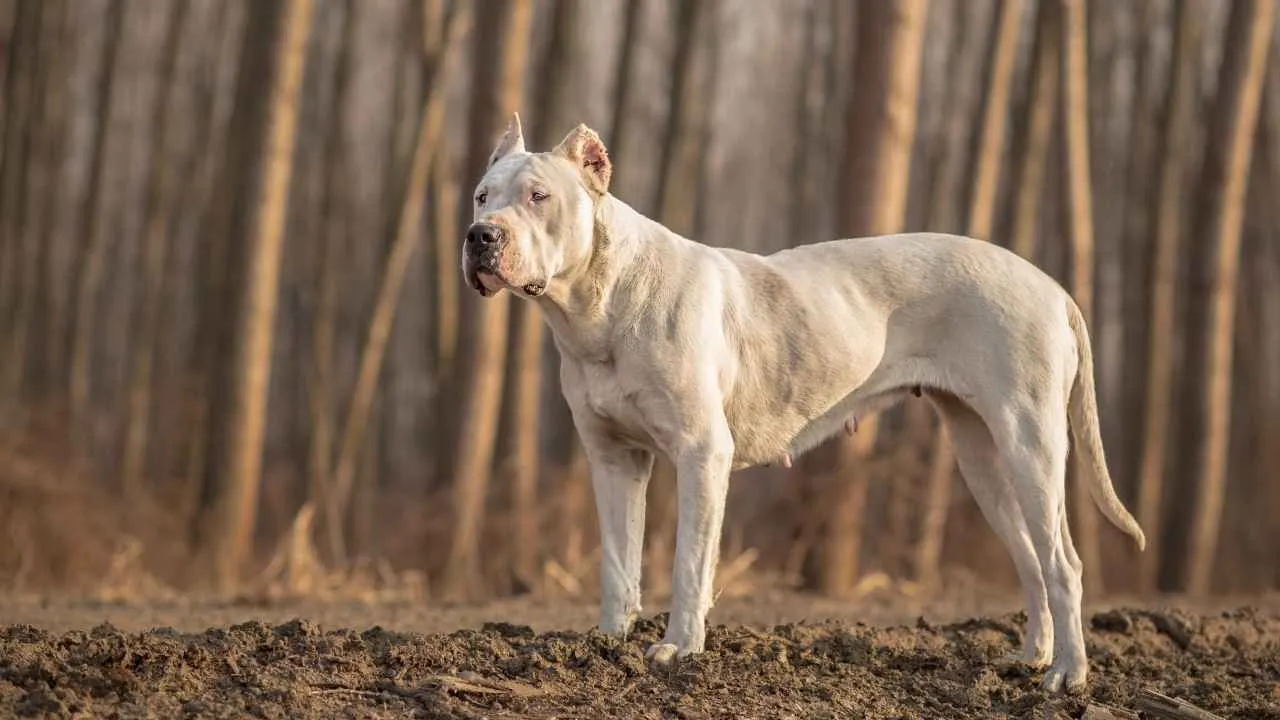
The Dogo Argentino is an energetic and courageous breed, originally developed for big-game hunting. Affectionate and deeply loyal to their families, they can be excellent companions when raised in the right environment.
However, their strong prey drive, independence, and dominant streak often make them less suitable for homes with two dogs.
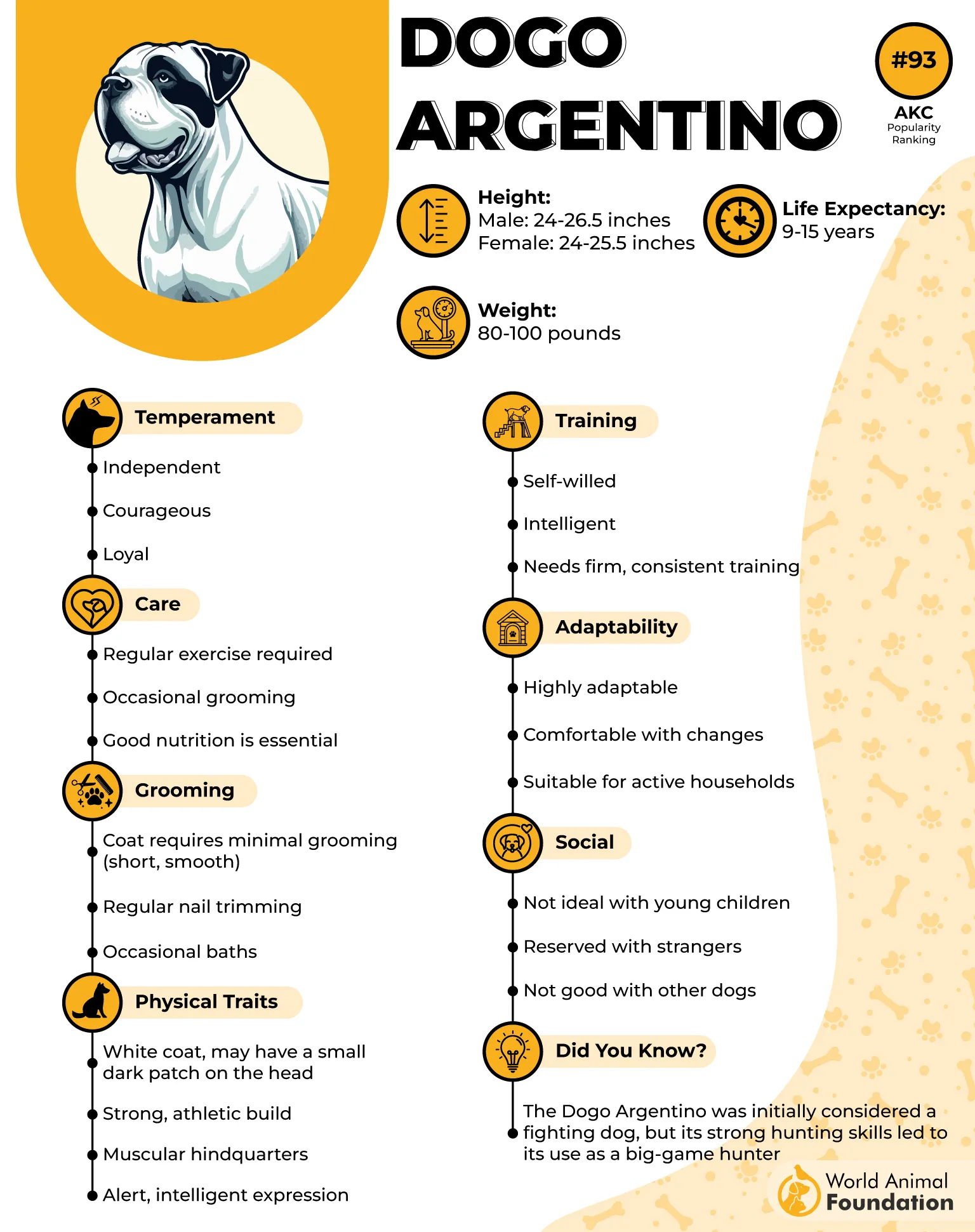
Dominance and Prey Drive in Multi-Dog Homes
Though quiet by nature and not prone to excessive barking, Dogos retain their hunting instincts. They may chase small animals or attempt to assert control over other pets, leading to conflict as per PetMD.
Even when well-socialized, their natural dominance can create tension in households with more than one dog where a pack hierarchy is already established.
Training and Socialization Challenges
Dogo Argentinos are intelligent but strong-willed, requiring consistent, positive reinforcement and early socialization. They thrive on structure and supervision, but without firm guidance, they may act independently and ignore commands.
For multi-dog families, this combination of power, energy, and assertiveness often makes the breed too demanding to manage peacefully.
4. Weimaraner
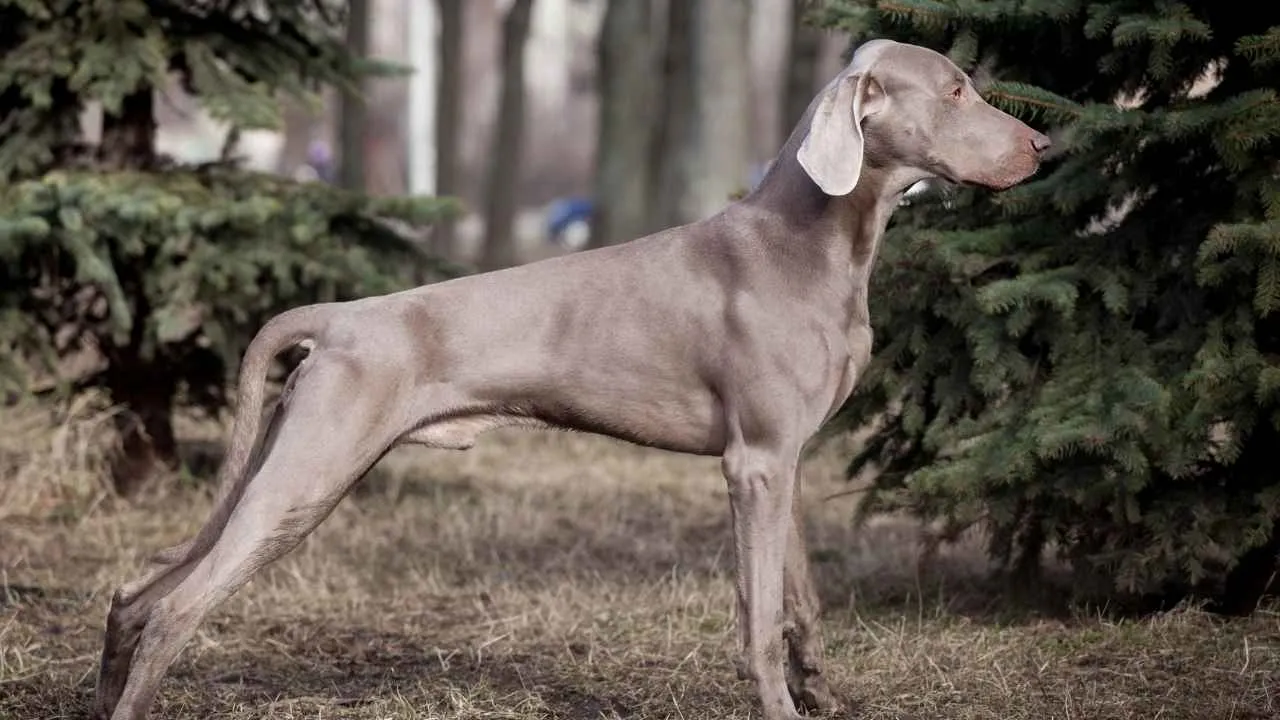
The Weimaraner, often called the “Gray Ghost,” is an athletic and intelligent breed originally bred for hunting. They are deeply attached to their families, which makes them loyal companions but also prone to separation anxiety if left alone too often.
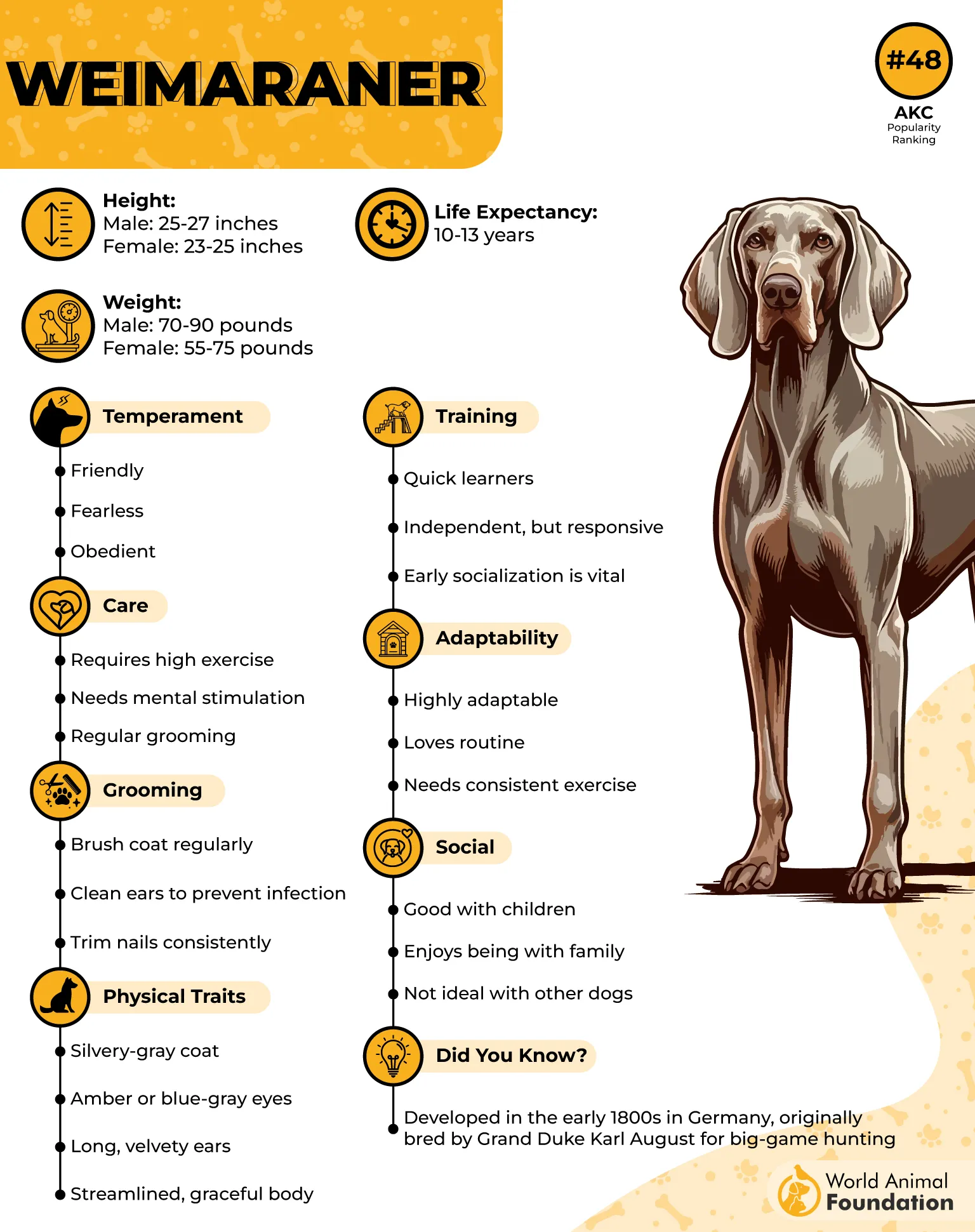
In households with multiple dogs, this strong bond may cause jealousy or competition for attention, so early boundaries and structure are important.
High Energy and Restlessness in Multi-Dog Homes
Weimaraners have boundless stamina and can easily overwhelm calmer breeds in the household. Without enough exercise and structured play, they may resort to destructive behaviors like chewing, digging, or excessive barking.
Their need for constant stimulation often adds strain for families already managing multiple dogs with different energy levels.
Training and Socialization Challenges
To channel their energy productively, begin training and socialization as soon as your puppy comes home. Expose them to different people, pets, and settings to build confidence and reduce anxiety around new situations.
This breed responds best to positive reinforcement—gentle praise, affection, and treats—rather than harsh corrections. Short, engaging sessions work best to match their enthusiasm and high energy.
With patience and dedication, they grow into obedient, well-mannered companions.
5. American Bulldog
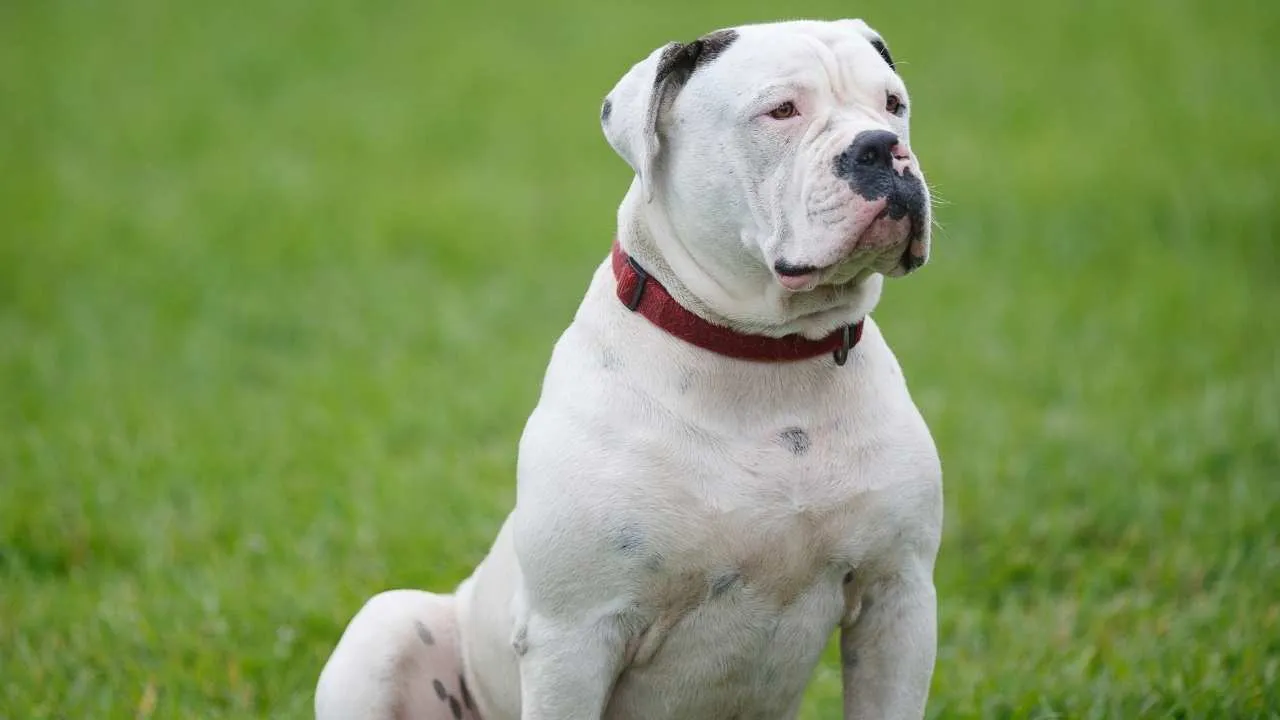
The American Bulldog is a strong, athletic breed with a confident yet affectionate nature. Originally bred for farm work and protection, these dogs are loyal guardians who thrive when given purpose and direction.
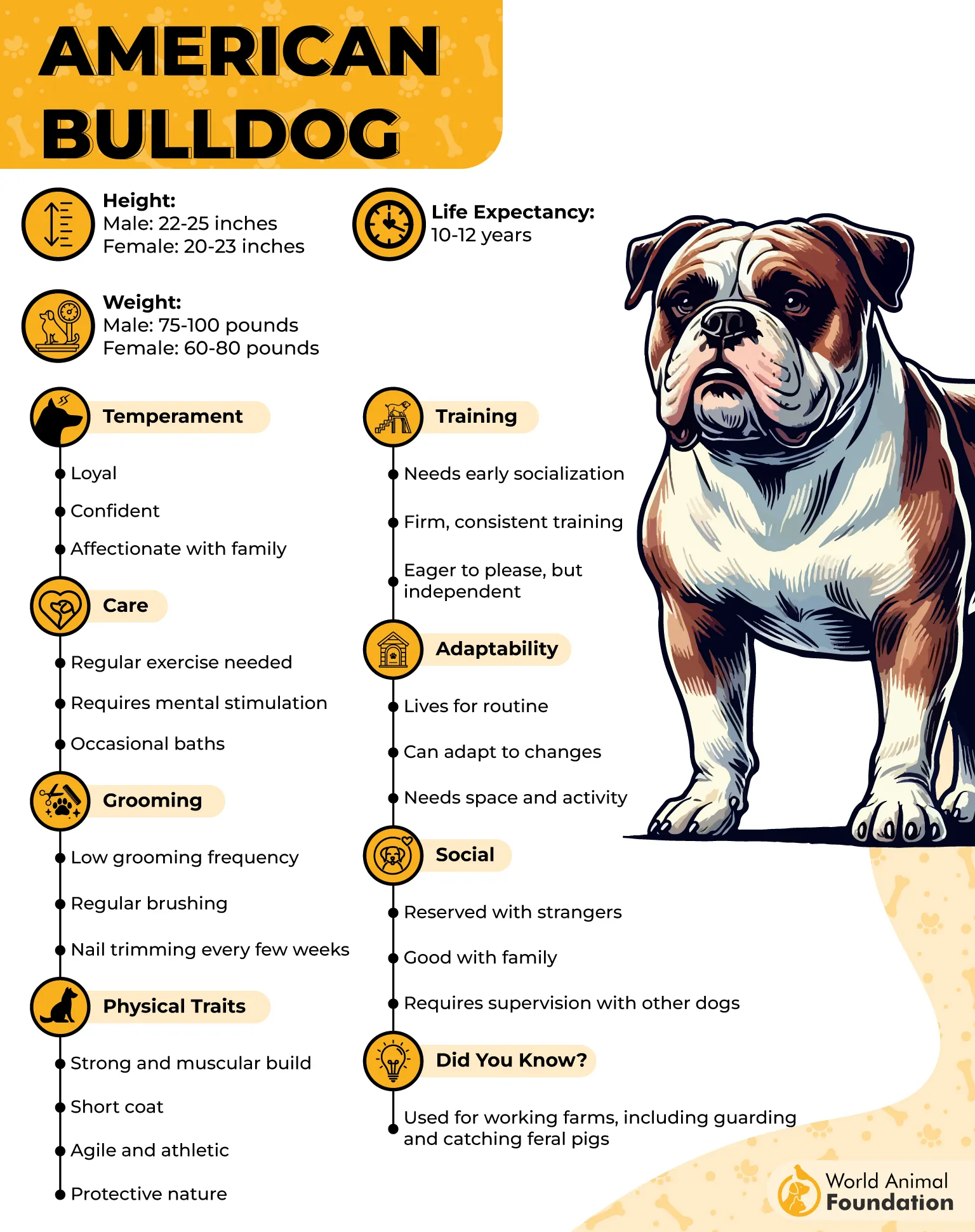
Despite their muscular build, they are gentle and loving with their families, often forming close bonds with children.
Stubborn Streak
American Bulldogs are protective and courageous, but also playful and social when properly trained and socialized.
At home, they crave attention and can sometimes be stubborn, testing their owner’s patience if boundaries aren’t consistent. Their affectionate personality often means they want to be part of every family activity.
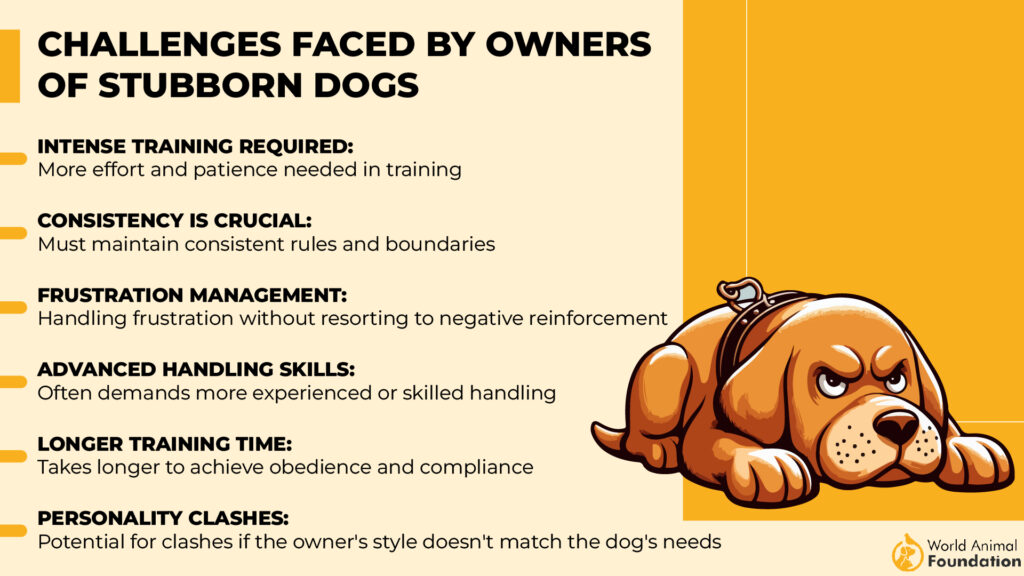
Training and Socialization Challenges
Training an American Bulldog requires firmness balanced with patience and positive reinforcement. They respond best to consistent routines, clear rules, and rewards such as praise or treats.
Due to their strength and determination, early obedience training is a must to prevent dominant behaviors. They are naturally wary of strangers, which makes early socialization essential to ensure they grow into well-rounded companions.
With steady guidance, they become loyal protectors and loving family members.
6. Gull Dong
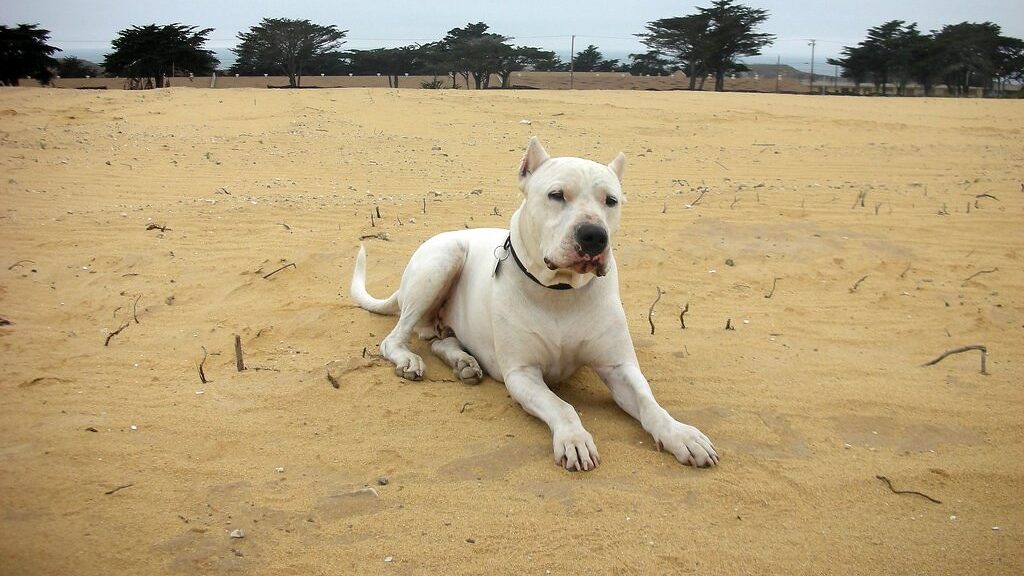
The Gull Dong is a dog breed of India and Pakistan that is often used in dog fighting, hunting, and guarding. It is a rare and powerful breed developed by crossing the Gull Terrier with the Bully Kutta, as per Wikipedia.
Loyal to its family and highly protective, the Gull Dong requires an experienced handler who can provide structure and confident leadership.
Aggressive Behavior
These dogs are intelligent and alert, making them excellent watchdogs. However, their strong guarding instincts can make them wary of strangers and sometimes aggressive toward other animals if not properly socialized.
The Gull Dong is energetic and thrives in a large, secure space where it can move freely. While affectionate with its family, this breed is not recommended for inexperienced owners or households with small children.
Training and Socialization Challenges
Training a Gull Dong requires consistency, patience, and firm guidance. Positive reinforcement combined with early socialization is key to shaping good behavior.
Because of its independent and dominant streak, this breed needs clear boundaries and an owner committed to regular exercise and mental stimulation.
With the right care, the Gull Dong becomes a loyal and fearless companion.
7. Japanese Tosa
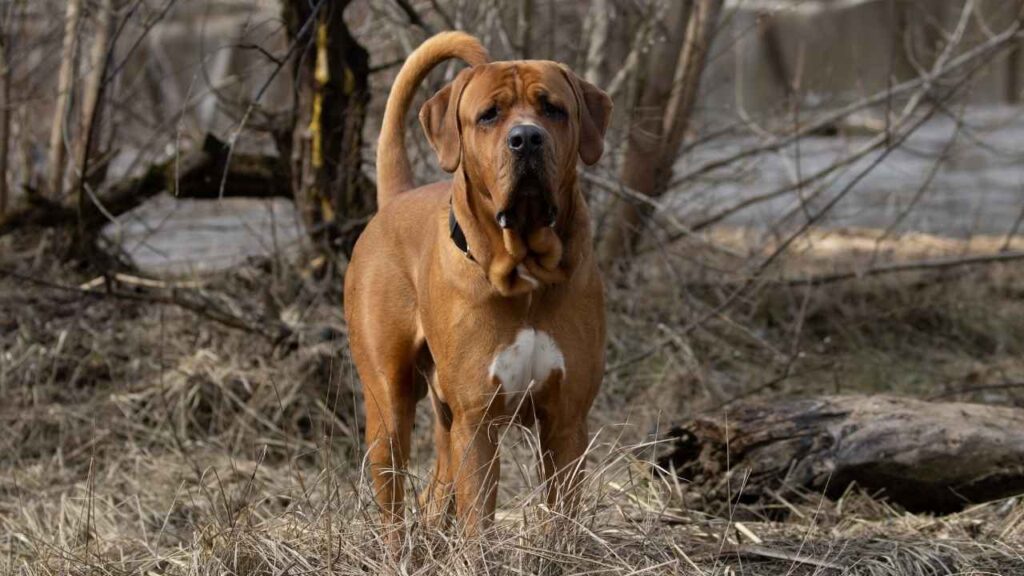
The Japanese Tosa, often called the Tosa Inu, is a rare and powerful breed originally developed in Japan for dog fighting. Known for its dignity, calm temperament, and imposing strength, the Tosa is both a natural guardian and a devoted family companion when properly raised.
This breed is often quiet and reserved, but behind its stoic nature lies deep loyalty and affection for its household.
Protective Instincts
Tosas are generally calm indoors but can be wary of strangers and aloof with unfamiliar dogs. Their protective instincts make them excellent watchdogs, though they seldom bark without cause.
Because of their size and strength, they require confident owners who can manage them responsibly. Despite their fighting ancestry, with proper socialization, Tosas can be gentle with their family and form strong bonds.
Training and Socialization Challenges
Training a Tosa must begin early, with consistent and firm guidance. Positive reinforcement, paired with patient repetition, helps channel their intelligence and independence.
Early exposure to people, pets, and environments is vital to prevent territorial or aggressive behavior.
With disciplined training and socialization, the Japanese Tosa becomes a loyal, composed, and protective companion.
Conclusion
Bringing a powerful or independent breed like the Afghan Hound, Akita, Dogo Argentino, Weimaraner, American Bulldog, Gull Dong, or Japanese Tosa into your home requires more than love—it demands time, patience, and careful planning.
These dogs learn commands quickly, but without structure, their natural instincts can prevent peaceful coexistence in multi-dog families.
It’s important to give each dog balanced attention and training to avoid problems that may increase over time.
By selecting carefully and continuing consistent guidance, people can create a safe, happy home where every pet can live harmoniously.


